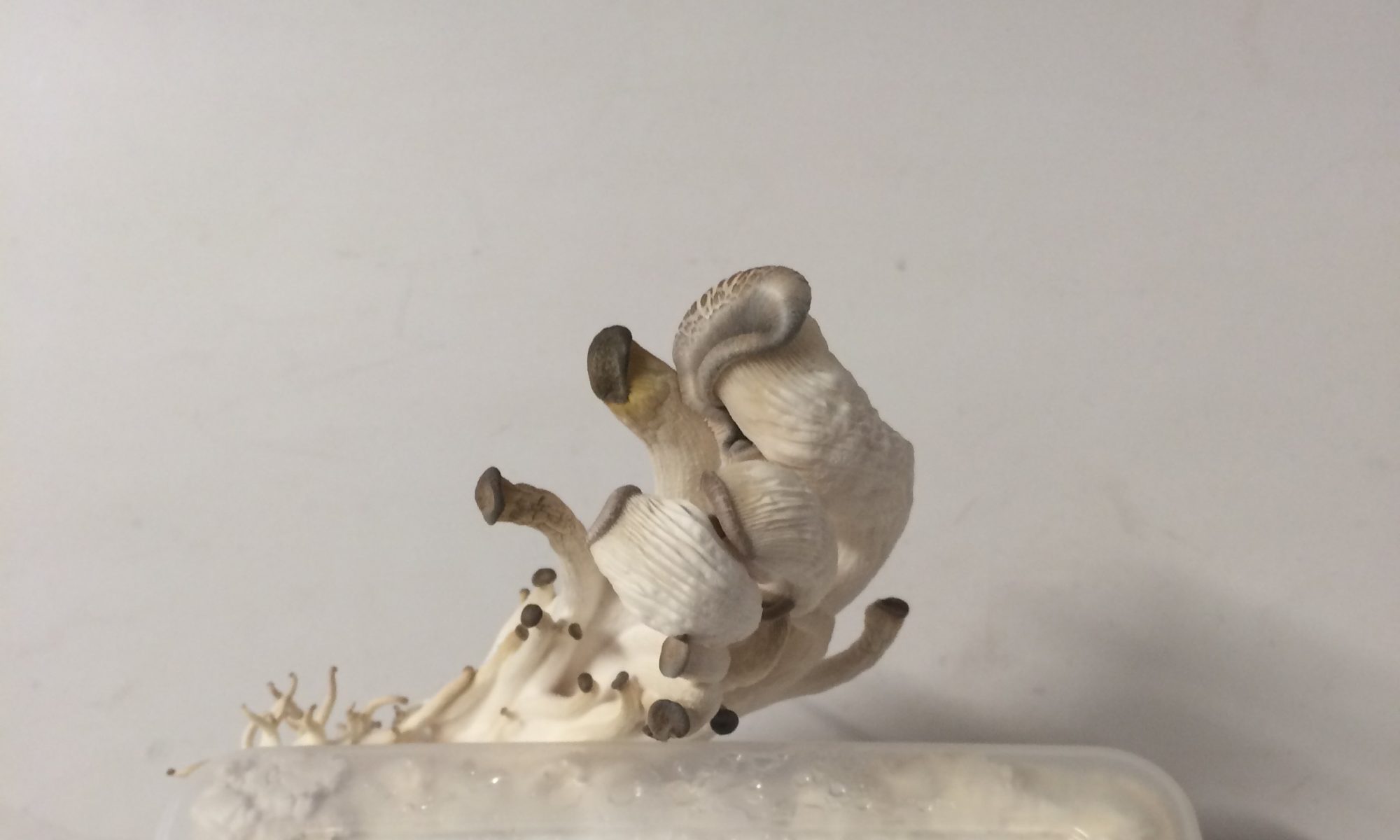- we depend on oil for everything.
- he admits we need to admit it’s a problem, because of climate change:
- As we accept our responsibility to address this awesome generational obligation, and as we work to put in place policies that balance our need for bold action with the more modest day-to-day needs of working people, it would behoove us to keep in mind the story of this precious resource, to consider how it connects us each to the other, and to contemplate, not only what we must sacrifice, but also what we stand to gain by greatly reducing our reliance on it.
- he tells the story of oil’s first drilling, and subsequent rise
- he offers his personal story (credentials) of working in oil fields, and in a kind way, discredits the claims that banning / reducing oil would cause enormous job loss:
- it’s hard work, it’s boom and bust
- I’ll just say that I’d find it easier to view arguments around job loss in good faith if the people making them had tried to make these jobs safer, more secure and better paying to begin with.
- he outlines ways legislators can come together over plans, and supports Biden’s plans to cap wells, and hist tacit approval of fracking (no mention of a ban)
- he extolls the rural people who are more self0sufficient (and correlates that to less concern about climate change than urban folks
- my conservative pals in rural America live much less carbon-intensive lives than the liberal city dwellers I know who obsess over global warming. It may not be a coincidence that the less-concerned folks tend to have better skills to survive a collapsing world: They hunt, they fish, they’re handy with guns, some of them have experience growing their own food. But I find it hilarious that for my liberal pals interested in sustainability, their best teacher might just be that conservative cousin with the gun rack in the back of the truck.
- as citizens of the world, we must begin to treat petroleum with the respect it deserves. We must value it, like our very lives, as a precious, almost magical, but certainly finite resource.
OK. so that was a confusing ride. I appreciate/support that the Times is publishing a diversity of opinions, but that diversity needs to be better edited when it’s contained within a single essay? what is he saying? what are the main messages?
As an argument in support of the voices of rural, hard-working and resourceful people, it’s great. The (too-subtle) dig at lack of safety on oil fields should have been pointed out as symptomatic of exploitative tactics by the powerful, who abuse both land AND people as expendable, replaceable, limitless resources, and a necessary corollary to (the abstraction known as) “growth.”
Reading the comments: they reflect the fractured nature of the op ed. Some loved it because the anecdotes about real people were strong portraits (oil field workers, farmers). But there is NOTHING in here that serves as a provocation. Many urbanites took offense at his sloppy inferences about their larger urban carbon footprints, and their zealotry regarding climate change.
My favorite comment:
Americans are not addicted to oil; we are obese. People who are desperately overweight are not addicted to food, but as a rule they are ingesting more than they are designed to process efficiently. Telling someone they are ‘Taking more than you need’ is considered an insult. Taking more than you are designed to efficiently handle, it’s all about the engineering, is demonstrable. Krishna told Arjuna that “All is clouded by desire — like a fire by smoke or a mirror by dust.” If your mirror is too dusty to see that your aren’t being efficient, dust it off and act accordingly. Rumplestiltskin is the story of what infinite loss can be expected if you remain unconscious. Once you have the name, ie, become conscious of your problem you can begin to do something about it, if you want to. Our real problem, our addiction if you will, here in America is that we are addicted to money. So, repeat after me (it’s the first step): We are powerless over money and it is making life on this planet unmanageable. So, what’s the Higher Power in this case? The sun, which also makes the wind, hasn’t missed a day in 4 billion years. We can stop fretting about running out of fossil fuels (capital) and live off our income, aka Renewable energy. What’s not to like? Rumplestiltskin starts with an old man, with rumpled skin, who can’t get enough gold. It’s the oldest story in politics (and war). Knowing his name is only the first step, but the most important one.
